|
Imagine you are being arrested and charged with first-degree murder. The arresting officer informs you murder is against the law. You are then taken to court, where a presiding judge informs you murder is against the law, but only if the person is wearing socks with Birkenstocks, in which case murder is legal. The victim was wearing loafers, so you are sent to jail. You get an appeal and see another judge who reviews your case and informs you that, despite the victim’s shoe apparel, murder is also legal as long as you notify the victim you are going to kill them at least 24 hours in advance, in which this case, you sent a very nasty text message warning the victim of your intentions. However, you remained in prison because the warden of the prison you reside in believes anyone who murders someone other than a Dodger fan deserves the harshest penalty the legal system can offer as long as it is not on a Saturday. As you can see, the law makes sense, just not the interpretations.
Now, in these basic belief systems, all churches are created equal. Which, in an ideal world, would be enough to unify the Christian Churches across the globe. But, as any cognizant member of Christianity knows, this preferred reality is a fantasy. Despite the cohesive, basic beliefs, the Christian church is a divided, splintered, and scattered mess. Denominations have fragmented God’s church. Regardless of the foundational synchronicity, the human element has infiltrated the body of Christ and a fracture has occurred.
This is not a new trend. Churches have been popping up and splitting since 325 A.D. The majority of the New Testament is Paul self-inflicting carpel-tunnel in order to correct the churches spread across the Eastern Hemisphere. In Corinth, Thessalonica, and Ephesus, the once synonymous, elemental foundations of the Christian faith were infected by human interference. It was the usual suspects of pride, greed, lust, and wealth causing havoc. However, at the time, Christianity was a very new belief system so I could understand the guidelines being more of an evolutionary, trial and error sort of process. I mean, even Seinfeld’s first couple seasons needed time to hone their skills. The other issue being the fact most of these regions had practiced pantheistic, orgiastic rituals to satiate the lusts of their pagan gods and, in an opprobrious turnabout, now were attempting to turn the other cheek and abstain from sexual perversion completely. Old habits can be difficult to kick, especially religious ones.
However, somewhere between the millennia, the Christian church wandered into a field of landmines and blew itself to pieces. In Paul’s exhaustive letters, he tells the Ephesians, “So Christ himself gave the apostles, the prophets, the evangelists, the pastors, and teachers, to equip his people for works of service, so that the body of Christ may be built up until we all reach unity in the faith and in the knowledge of the Son of God and become mature, attaining to the whole measure of the fullness of Christ.” It is the words ‘unity in the faith’ where I believe the body of Christ has failed. How, in an age of countless denominations, in varying versions of one prescribed faith, can there be cohesion and maturity in the Christian faith? Even if the core principles and theology are verbatim, how can we stand as one, unified religion if we can’t agree on the simplest, most irrelevant of technicalities?
|
Info
"And there was a kid with a head full of doubt so I screamed til I died until all those bad thoughts were finally out." Archives
December 2017
Categories |
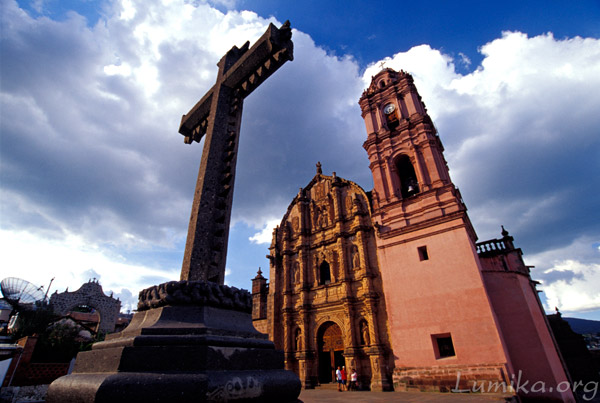
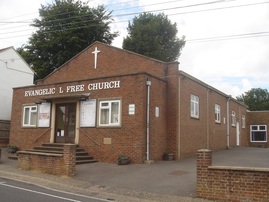
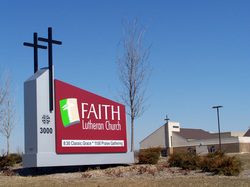
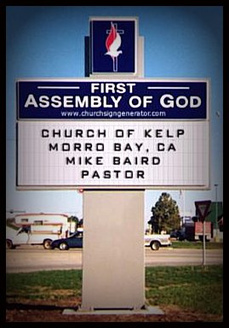
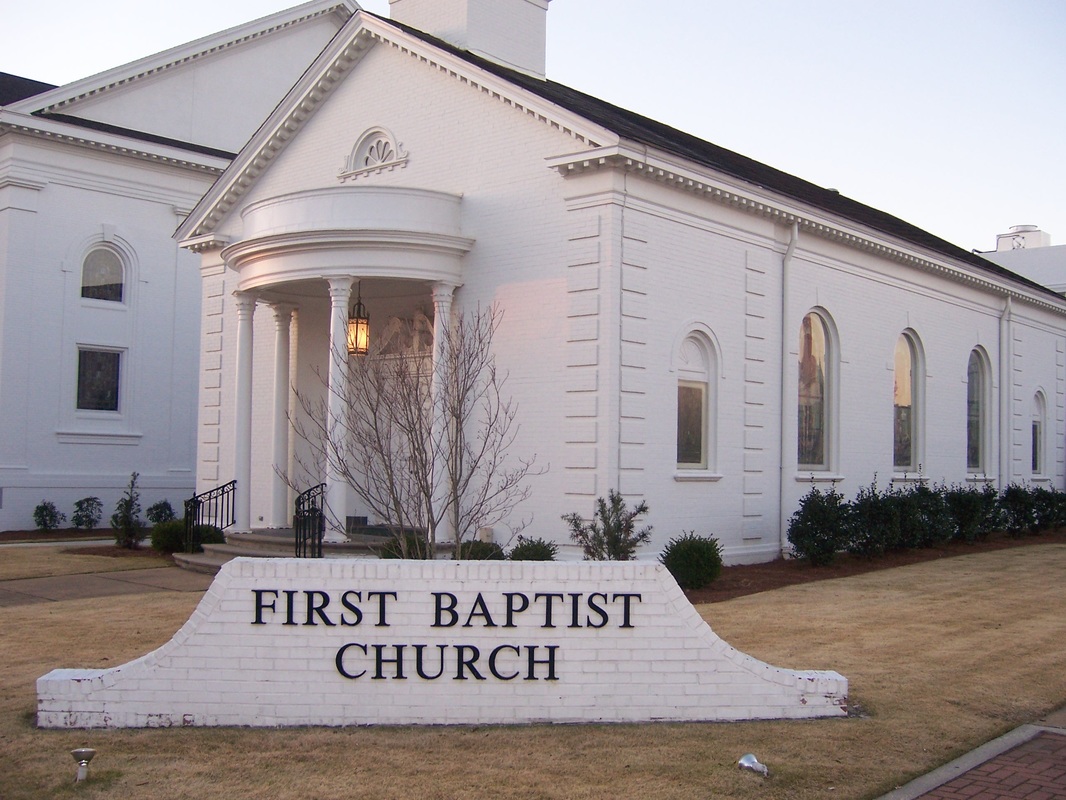
 RSS Feed
RSS Feed